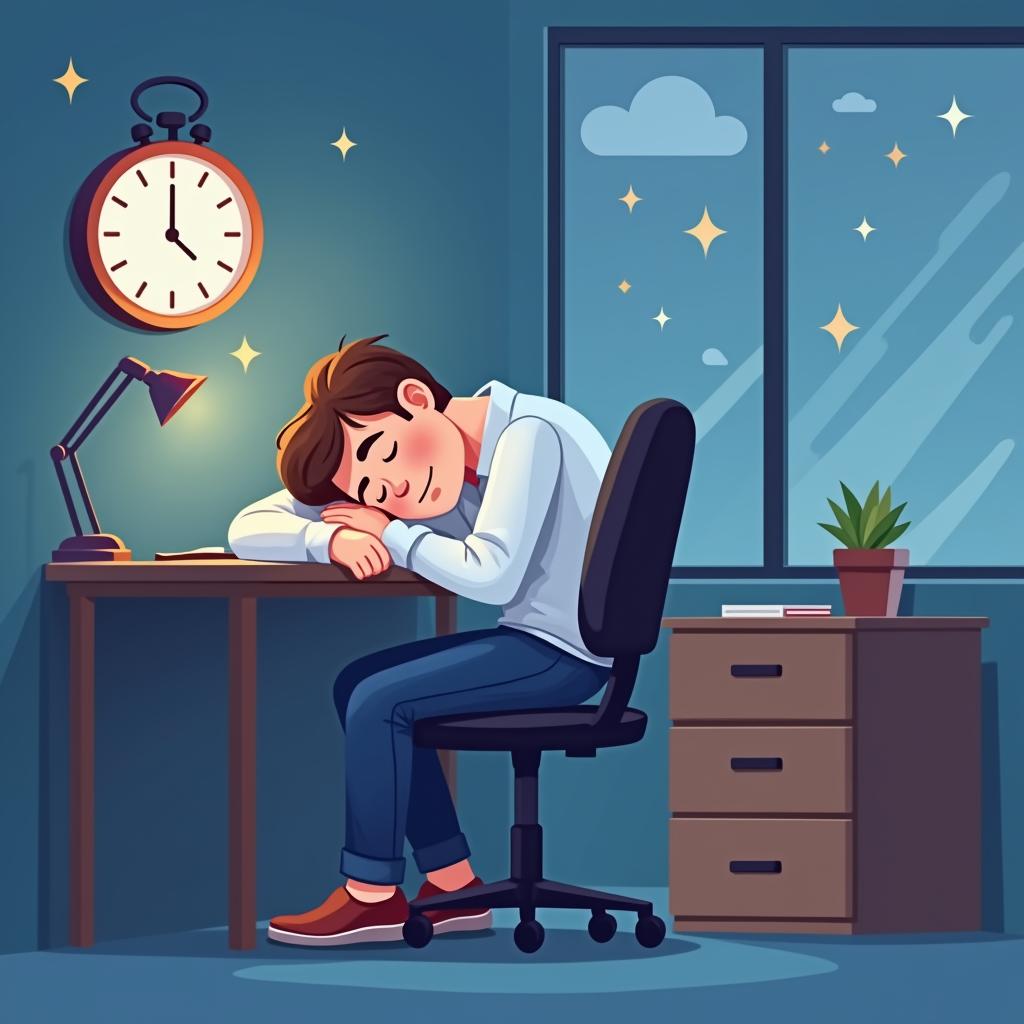Sleep Optimization for Busy Entrepreneurs: Tips for Better Focus
As a busy entrepreneur, you’re often juggling multiple responsibilities and facing tight deadlines. Amidst the chaos of meetings, project deadlines, and financial considerations, sleep often takes a backseat. However, the importance of quality sleep cannot be overstated, especially when it comes to optimizing your focus and productivity. In this article, we will explore effective strategies to optimize your sleep and improve your overall performance.
The Importance of Sleep for Entrepreneurs
Sleep is vital for cognitive function, emotional regulation, and physical health. For entrepreneurs, the need to think creatively and make sound decisions is crucial. Lack of sleep can lead to reduced concentration, impaired problem-solving abilities, and increased stress levels, all of which can hinder your business’s success. Understanding the link between good sleep and productivity can motivate you to prioritize this aspect of your well-being.
Understanding Sleep Cycles
To optimize your sleep, it’s essential to understand the different stages of sleep, which include:
- Stage 1 (Light Sleep): This phase occurs just after falling asleep. It usually lasts a few minutes and is a transition period where you drift in and out of sleep.
- Stage 2 (Light Sleep): During this stage, heart rate slows, and body temperature drops. This stage typically lasts about 20 minutes and is vital for mental restoration.
- Stage 3 (Deep Sleep): This phase is crucial for physical recovery and growth. It is the most restorative stage and is essential for memory consolidation.
- REM Sleep (Rapid Eye Movement): This stage plays an essential role in cognitive functions, including memory and mood regulation.
Ensuring you get enough sleep cycles ensures your body and mind get the restorative breaks they need.
Tips for Sleep Optimization
Create a Consistent Sleep Schedule
One of the most effective ways to improve sleep quality is by establishing a regular sleep schedule. Go to bed and wake up at the same time every day, even on weekends. This consistency helps regulate your body’s internal clock, leading to improved sleep quality and ease of waking up feeling refreshed.
Design Your Sleep Environment
Your bedroom environment significantly impacts your sleep quality. Consider the following tips for creating an optimal sleeping environment:
- Keep it Dark: Use blackout curtains to eliminate external light sources. Darkness encourages melatonin production, which fosters better sleep.
- Control Noise: Consider using white noise machines or earplugs to drown out distracting sounds.
- Maintain Comfortable Temperature: A cooler room temperature, typically between 60-67°F (15-19°C), is conducive to better sleep. Adjust your thermostat or use fans to achieve comfort.
- Invest in Quality Bedding: A comfortable mattress and pillows that support your neck and spine are vital for a restful night.
Limit Exposure to Screens Before Bedtime
Exposure to blue light emitted from smartphones, tablets, and computers can hinder melatonin production, making it harder to fall asleep. Set a digital curfew an hour before bedtime, allowing your body to wind down. Instead, engage in relaxing activities, such as reading a book or practicing mindfulness, to signal to your body that it’s time to prepare for sleep.
Mind Your Diet
Your diet directly affects your sleep quality. Consider the following dietary tips for better sleep:
- Avoid Heavy Meals: Refrain from eating large meals close to bedtime, as they can cause discomfort and indigestion.
- Limit Caffeine and Alcohol: Caffeine can take several hours to wear off, so avoid it, especially in the afternoon. Alcohol may help you fall asleep initially but can disrupt sleep later in the night.
- Incorporate Sleep-Inducing Foods: Foods rich in magnesium, such as bananas and almonds, as well as those containing tryptophan, like turkey and oatmeal, may promote better sleep.
Incorporate Relaxation Techniques
Managing stress is vital for optimizing sleep. Integrating relaxation techniques into your nightly routine can help ease your mind and prepare your body for sleep. Consider:
- Mindfulness Meditation: Practicing mindfulness or meditation helps to clear the mind and reduce anxiety.
- Deep Breathing Exercises: Engaging in deep breathing can lower heart rates and relax muscles, making it easier to drift off.
- Gentle Yoga or Stretching: Incorporating light exercises before bed can dissipate tension and promote mental relaxation.
Understand Your Sleep Needs
Every individual has a different sleep requirement, generally ranging from 7 to 9 hours for adults. Assessing your personal sleep needs can help you determine how much sleep you should aim for each night. Recognizing and respecting your body’s needs can lead to better energy levels and improved focus during waking hours.
Utilizing Technology Wisely
While too much screen time can hinder sleep, technology can also aid in sleep optimization. Consider these technological tools:
- Sleep Tracking Apps: These can help you monitor your sleep patterns, make necessary adjustments, and encourage healthier sleep habits.
- Smart Alarm Clocks: These devices can track your sleep cycle and wake you during a light sleep stage, making it easier to rise feeling refreshed.
Final Thoughts
As a busy entrepreneur, prioritizing sleep optimization is crucial for sustained focus and productivity. By implementing the tactics discussed above—from designing an optimal sleep environment to establishing a consistent sleep schedule—you can enhance your sleep quality. Remember that investing in your sleep is investing in your business success. When you are well-rested, your mind is clear, and your ability to tackle challenges becomes even greater. Make sleep a priority, and notice the positive changes in your entrepreneurial journey.







